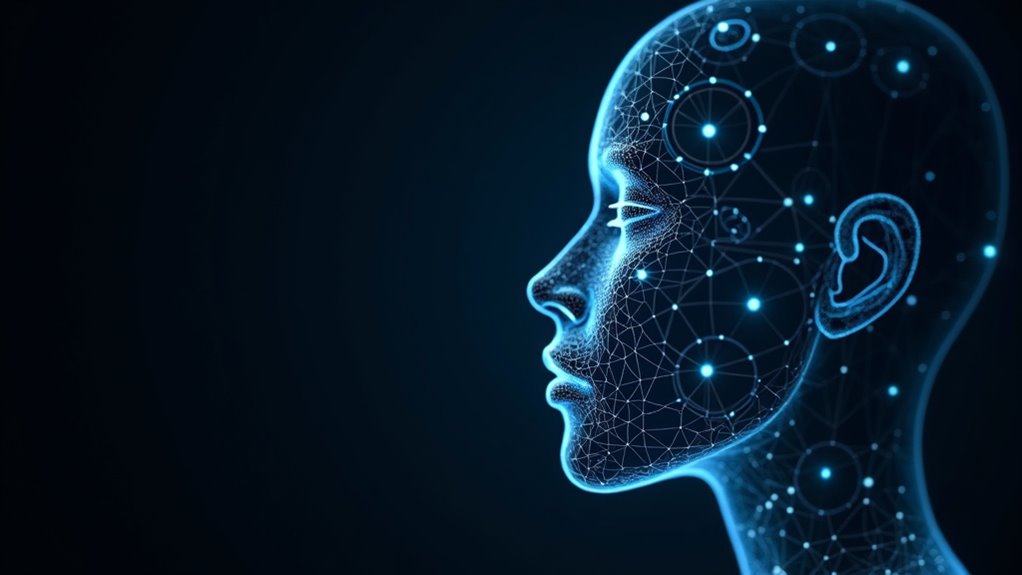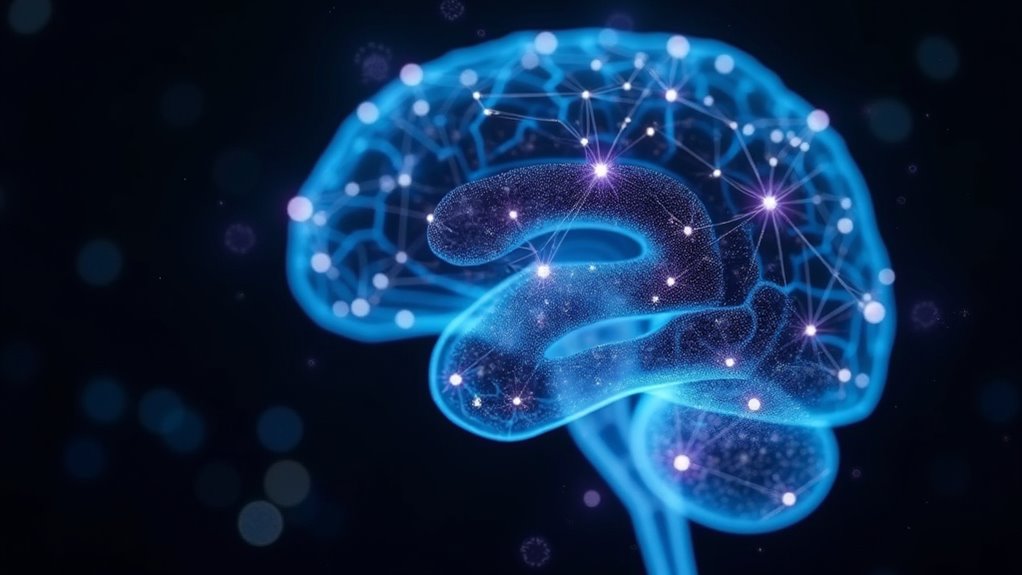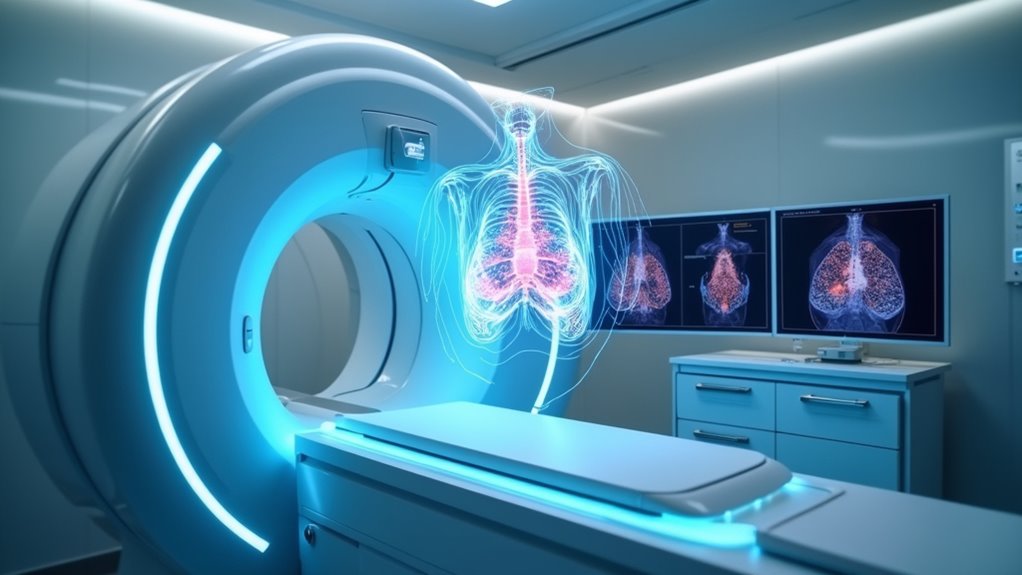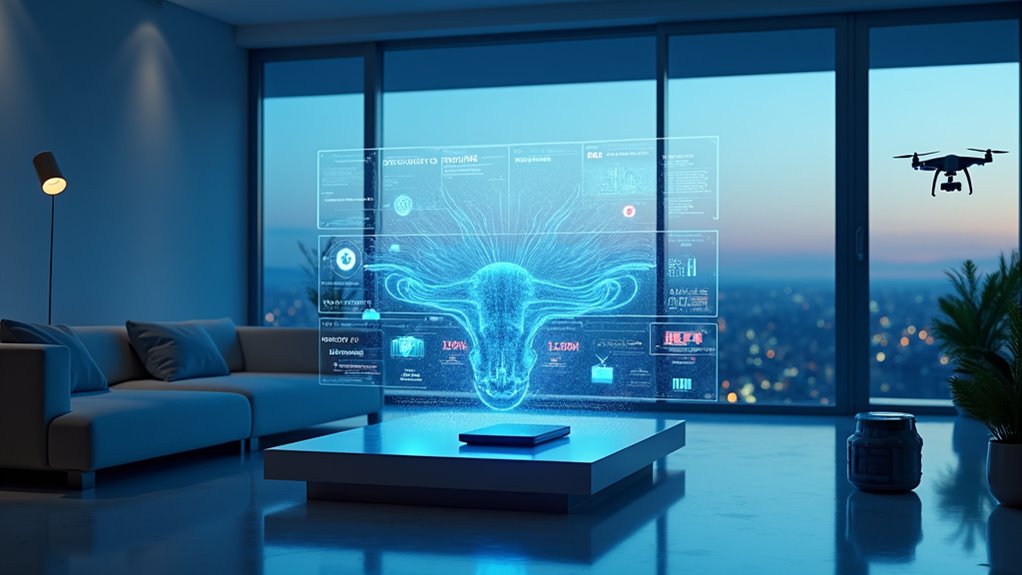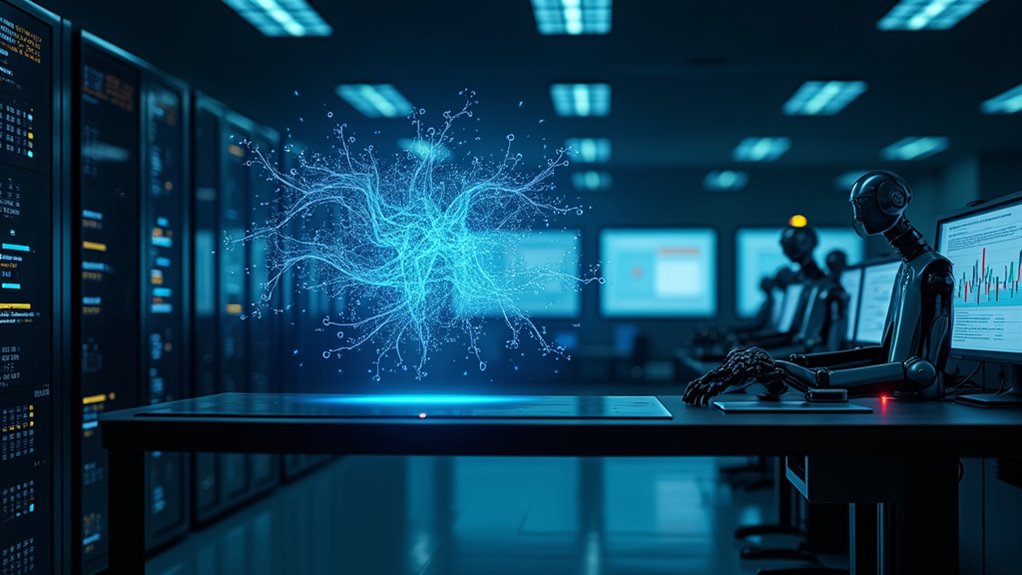In an era where smartphones can already guess your age (usually wrong), AI-powered facial analysis tools are taking things to a whole new, slightly unnerving level. These aren’t your typical beauty filters – they’re sophisticated deep learning algorithms that can predict your biological age and potential health risks just by analyzing your face. Yes, your face could rat you out about your health before your body does.
Take FaceAge, developed by the folks at Mass General Brigham. They trained this AI tool on nearly 59,000 photographs of healthy people, teaching it to spot subtle signs of aging. The technology measures various factors including eye age and wrinkles for comprehensive analysis. When they tested it on over 6,000 cancer patients, the results were striking. The tool showed cancer patients looking about five years older than their actual age. Not exactly the kind of age-defying results people hope for, but medically significant.
AI tool FaceAge analyzed thousands of faces and discovered cancer patients appear about five years older than their actual age.
The science behind it is fascinating, if not a bit creepy. These AI systems don’t just look at wrinkles and gray hair – they’re analyzing complex patterns that even doctors might miss. It’s like having a super-observant robot examining every pixel of your face, looking for clues about your health. Similar to how AI uses medical imaging data to detect early signs of disease, these facial analysis tools process vast amounts of visual information to make their predictions. Remarkably, the system proved to be more accurate than clinicians when predicting short-term life expectancy.
And unlike traditional medical tests, you don’t need to roll up your sleeve or fast overnight.
But before everyone starts taking selfies to diagnose their health issues, there’s a catch. These tools come with serious privacy concerns. Your face is your personal data, after all, and these systems need to handle it with the same care as your medical records.
There’s also the whole question of bias in AI algorithms – because the last thing we need is facial analysis that works perfectly for some groups but fails miserably for others.
The potential impact on healthcare is huge. Imagine catching diseases early, tracking treatment progress, or monitoring public health trends – all through facial analysis. It’s non-invasive, cost-effective, and could revolutionize how we approach healthcare.
But for now, these tools are still being refined, tested, and scrutinized. The future of medicine might be staring us right in the face, quite literally.
